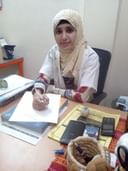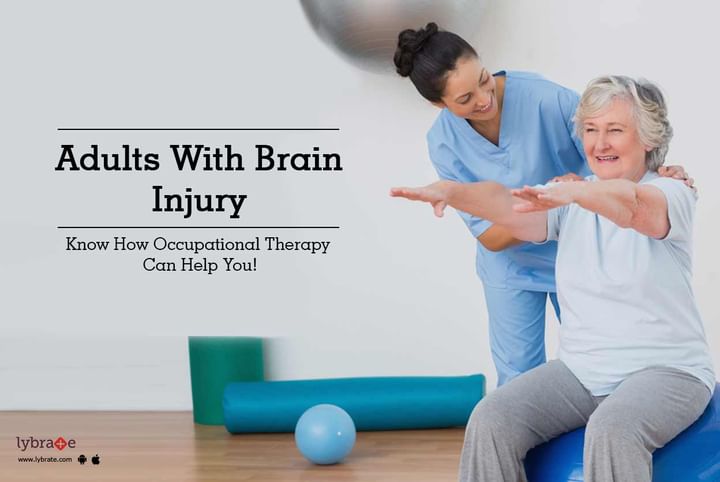Adults With Brain Injury - Know How Occupational Therapy Can Help You!
Brain injury can happen as a result of trauma, infection or degeneration with old age. Whatever be the reason, injury on the head can result into brain dysfunction and should be given required medical diagnosis. In these cases, occupational therapy can be a major help.
It helps in improving health, providing rehabilitation and educational service to enable people to participate in things they are interested in and manage their daily activities. Occupational therapy can be used to manage issues relating to memory, organization and attention span, behavior and emotion control, safety issues and issues which contribute to society. Depending on expectations, different therapies can be sought. Read on to know a little more about how occupational therapy can help adults with brain injury.
- The person's skills and what they want to do are to be assessed and accordingly a daily plan that can be easily followed is made. Where possible, use technology like smart phone or voice recorder to manage this plan. The therapist can train the person to use these tools, review progress and make changes as necessary.
- The therapist will also teach ways to do things on their own like cooking and small shopping, so they become independent and are therefore less frustrated.
- Patients in need of anger management, the therapist will help them to identify what induces anger or frustration and support in managing those before it turns into actual anger. This will help the person relax and be more positive.
- This could also be done using small roleplays, wherein they are taught ways to respond and be more relaxed and calm.
- If you are keen on participating in social events or volunteering opportunities, then the therapist can recommend options for you based on your areas of interest. The therapist can also work with the identified organization (school, NGO, or workplace) to inform them of the kind of support required by you. Work behavior and social behavior can be taught to help the affected person succeed.
- If the affected person happens to be alone, then they need to be assessed for ability to judge (e.g., self-awareness, impulsivity, and reliability), even while doing daily activities like bathing and dressing. Driving is permissible only if cleared for it by the therapist.
- The home needs to be assessed for safety. You may have to make some safety modifications, for instance replace power tools with hand tools. Else, shared housing options, where independence and having someone close by is possible, should be evaluated.
So, with a brain injury, not all is lost. Occupational Therapy can definitely help restore function to a large extent, so use it to reap maximum benefits.



+1.svg)
